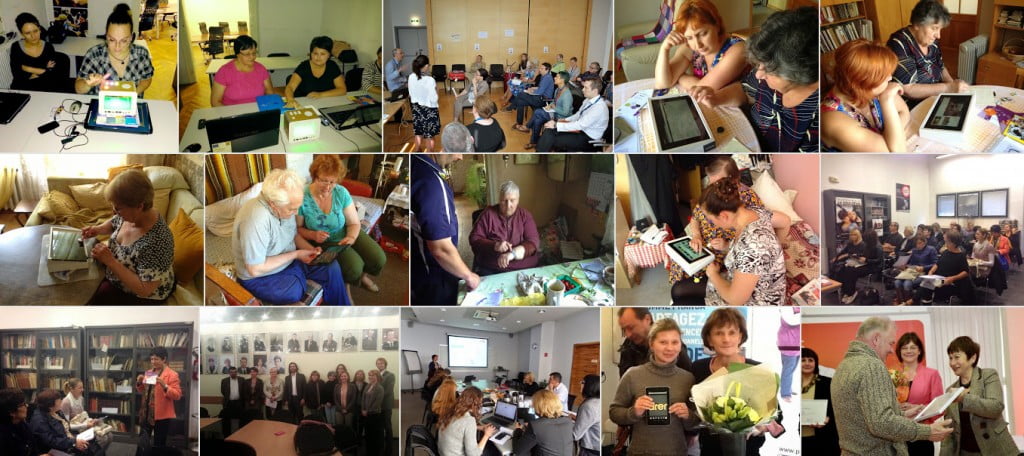The Carer Plus Project has revealed its results and given precious data concerning the helpful use of technology in the homecare sector.
The project’s first concern is innovation, creating social intergenerational links and teaching caregivers about NTIC in order to improve autonomy at home for the elderly.
 Carer + Project
Carer + Project
The Carer+ Project’s main objective was to give the elderly the possibility to live an independent life in their own home for as long as they may.
To do so, the project started in 2012 in five countries: France, Spain, Italy, Latvia and Romania. It involved a total of 500 users: 250 older people who receive home care, 200 care workers and 50 informal caregivers. The experiment was supposed to create a digital environment in order to improve the personal life of the elderly as well as the professional life of the caregivers. During the program, all carers were equipped with an Internet tablet.
The main results of the project revealed that 70% of care workers and caregivers noticed that their services were improved with the use of the tablet and that they would continue using it in the future. Moreover, the quality of life of the elderly improved, especially regarding their mental and emotional well-being, their attitude towards ITC, etc.
The Digital Competence Framework
Its main purpose is to become a necessary instrument for a care worker, in order to develop knowledge and skills in the digital area. It contains 41 ICT competences and it was created on the basis of:
- Getting feedback from the countries where the project Carer + took place – France, Italy, Spain, Latvia and Romania
- 8 focus groups, 39 interviews of European experts of social and ICT fields
- 158 questionnaires to care workers and caregivers.
- Massive research, studies, project reports etc.
The program was structured around three main themes:
- Foundational skills
- Managing social care with ITCs
- Providing home care through ICTs
Another major achievement was drafting a certification process of digital competences for carers. In Spain, France and Italy 3 national workshops were conducted along with a European one in Brussels. As a result a guiding Handbook was created.
Published by the Editorial Staff on

